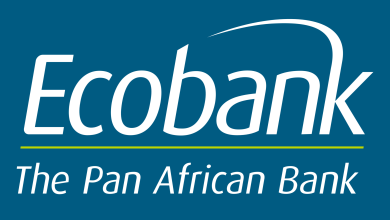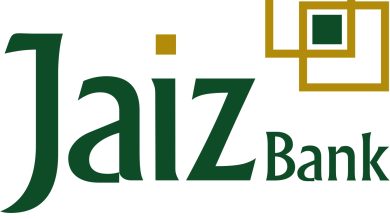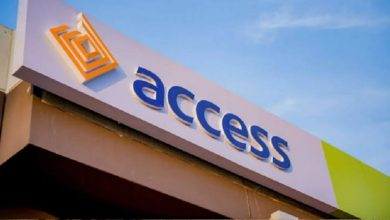Guide to Opening a Domiciliary Account in First Bank: Requirements
Guide to Opening a Domiciliary Account in First Bank: Requirements
Guide to Opening a Domiciliary Account in First Bank: Requirements
A domiciliary account is a valuable asset for anyone involved in international trade, travel, or cross-border transactions.
First Bank, one of Nigeria’s oldest and most reputable financial institutions, offers a convenient and secure way to open a domiciliary account.
In this comprehensive guide, we will walk you through the step-by-step process, the necessary requirements, and answer frequently asked questions to ensure a smooth account opening experience with First Bank.
Understanding Domiciliary Accounts
A domiciliary account is a foreign currency-denominated bank account that enables individuals and businesses to hold, receive, and send foreign currencies. It allows you to transact in different currencies, providing protection against currency fluctuations and simplifying international dealings.
Why Choose First Bank for Your Domiciliary Account?
First Bank has built a strong reputation for reliability and customer-centric services. By opening a domiciliary account with First Bank, you gain access to a wide range of foreign currencies and benefit from the bank’s extensive international banking network.
Step-by-Step Guide to Opening a Domiciliary Account in First Bank
Step 1: Gather the Required Documents
Before visiting the nearest First Bank branch, make sure you have the following documents:
– A valid means of identification (International Passport, Driver’s License, National ID, or Voter’s Card)
– A recent utility bill for address verification
– Two passport-sized photographs
– Tax Identification Number (TIN) (for Nigerians)
– Proof of income (e.g., pay slip or business registration documents)
Step 2: Visit a First Bank Branch
Locate the nearest First Bank branch and inform the bank staff about your intention to open a domiciliary account. They will provide you with the necessary forms and guide you through the process.
Step 3: Complete the Account Opening Forms
Fill out the domiciliary account opening forms accurately. If you have any questions or need assistance, don’t hesitate to seek help from the bank staff.
Step 4: Fund Your Account
To activate your domiciliary account, you will need to make an initial deposit in the foreign currency of your choice. The minimum deposit amount may vary based on the selected currency, so ensure you inquire about the specific requirement from the bank staff.
Step 5: Receive Your Domiciliary Account Details
Once your account is successfully opened and funded, First Bank will provide you with your domiciliary account details, including the account number and other relevant information.
Frequently Asked Questions (FAQs) about First Bank Domiciliary Accounts
Q1: What foreign currencies can I open a domiciliary account with at First Bank?
A: First Bank supports a wide range of foreign currencies, including but not limited to USD (United States Dollar), GBP (British Pound Sterling), EUR (Euro), and JPY (Japanese Yen). For a comprehensive list of available currencies, contact the bank directly.
Q2: Is there a minimum balance requirement for a domiciliary account in First Bank?
A: Yes, there is a minimum opening balance requirement for domiciliary accounts. The specific amount varies depending on the chosen currency. Ensure you meet this requirement to keep your account active.
Q3: Can I access my First Bank domiciliary account online?
A: Yes, First Bank provides online banking services for domiciliary account holders, allowing them to conveniently manage their funds and conduct transactions from anywhere in the world.
Q4: Are there any transaction limits on First Bank domiciliary accounts?
A: First Bank may impose certain transaction limits on domiciliary accounts to enhance security. It is essential to inquire about these limits during the account opening process.
Conclusion
Opening a domiciliary account with First Bank offers you a seamless and reliable platform to manage your international financial transactions. Enjoy access to multiple foreign currencies, excellent customer service, and a straightforward account opening process by following the steps outlined in this guide and ensuring you have all the required documents. If you have any inquiries or need assistance, don’t hesitate to seek guidance from First Bank’s knowledgeable staff. Happy banking!






